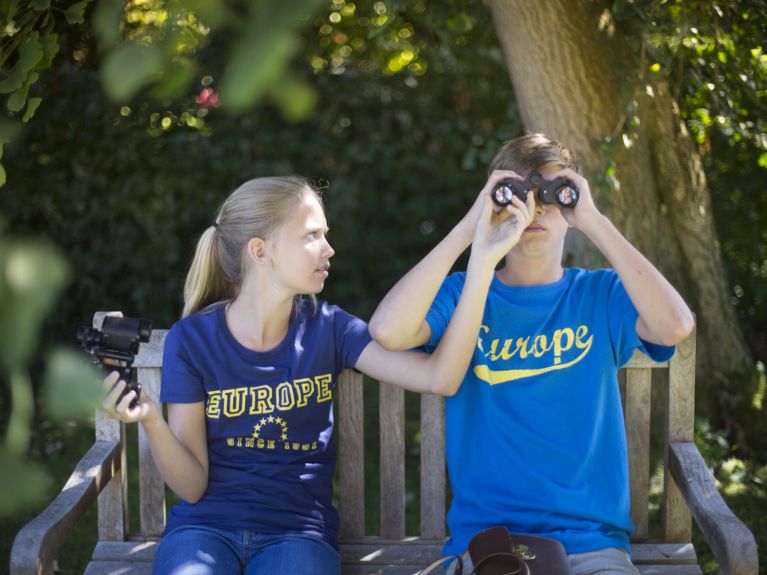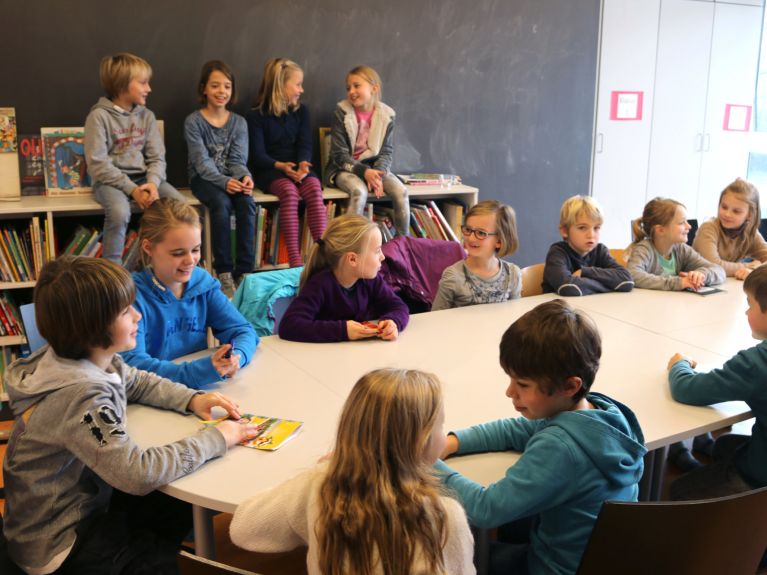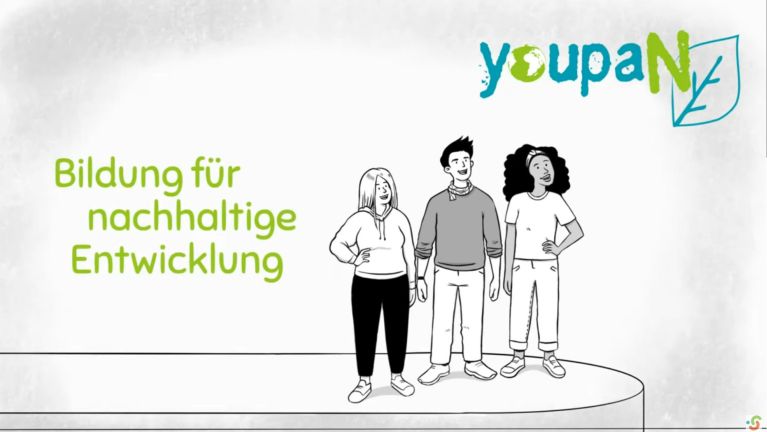Small citizens, big ideas
Many initiatives are giving young people in Germany opportunities to have a say in politics and society. We’d like to present three projects.

The Child Mayor of Bramsche
The mayor of Bramsche knows exactly what matters to children and young people in his town, because they help run the town of 32,000 inhabitants in North Germany. They have been able to elect their own child mayors to represent their interests since 2014. Just like the adult mayor, the child mayor is elected in a secret ballot. The team of mayors in Bramsche currently comprises Henriette, Jakob, Leonard and Ole. They are proposing projects such as better playgrounds and a new map of the city showing places which are important to children. For the four young mayors this involves consulting with Bramsche’s children’s parliament.
Dieses YouTube-Video kann in einem neuen Tab abgespielt werden
YouTube öffnenThird party content
We use YouTube to embed content that may collect data about your activity. Please review the details and accept the service to see this content.
Open consent formYoung people’s panel on sustainable development education
What needs to change so future generations can enjoy a good life? This is a fundamental question as we face climate change, species extinction, and global health crises. The answer is that we must live more sustainably. Making this more widely known is the aim of the BNE, Germany’s National Action Plan Education for Sustainable Development and the NP BNE, the National Platform for Education for Sustainable Development. In order to ensure that the consultations are not limited to adults, the youpaN panel was created for young people do discuss education for sustainable development. Thirty young people aged between 16 and 27 work together on the panel to help implement the Action Plan.

Children have a say in budgets
Many towns and cities in Germany have so-called “citizens’ budgets”. The money allocated to these budgets is used to implement proposals from members of the public with a quick turnaround. Some municipalities allow children and young people to have a say in how citizens’ budgets are used. They can propose their own projects, for example, such as building a skate park or setting up an internet hotspot in a park which is popular with young people. By doing this, children and young people can play an active part in shaping the lives of their towns and cities. At the same time, they learn how democracy works and how you can achieve anything through political engagement.



